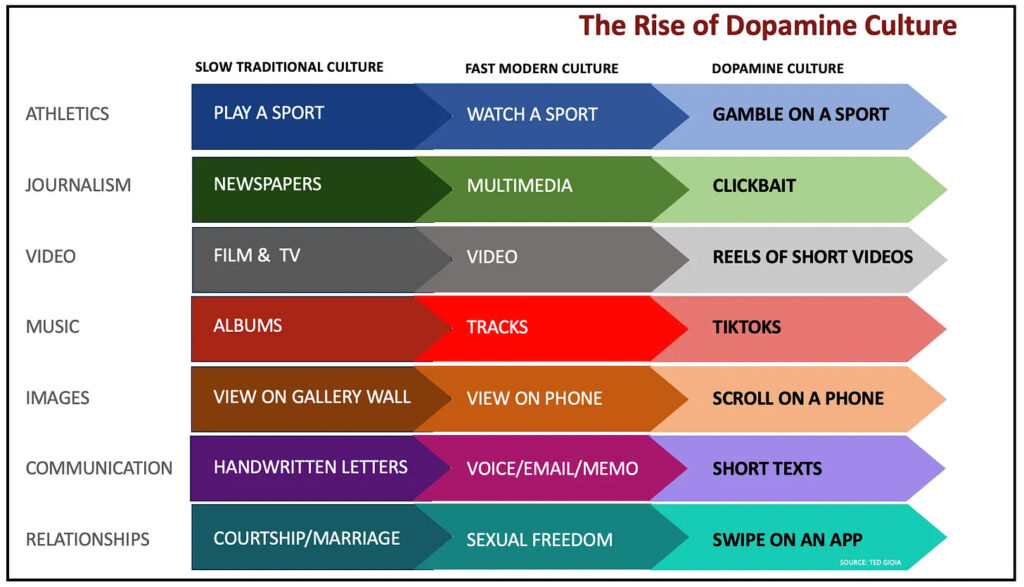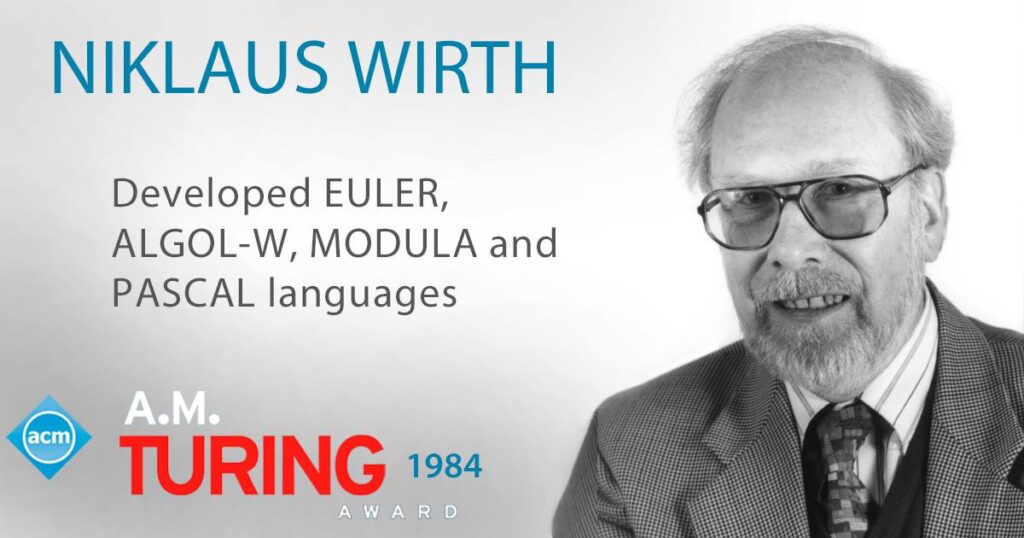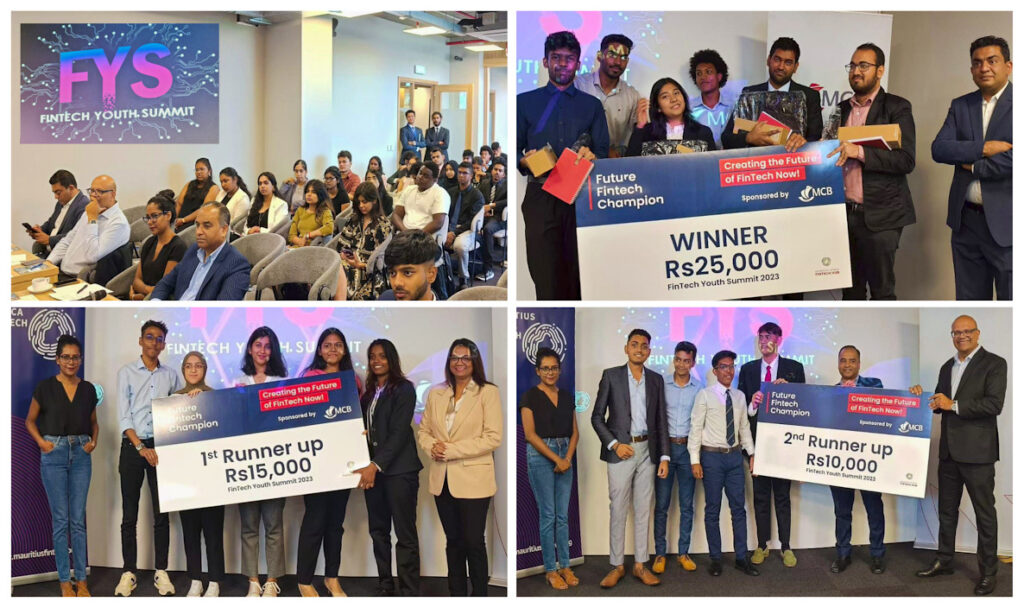
Here is a very interesting article on the rise of the dopamine culture in the world.
The author argues that everything is being replaced by mindless and endless scrolling and the effects might prove to be very detrimental for kids and also for adults, at home, at school and at work.
He also argues that people should start raising their voices against the likes of TikTok, Facebook and Instagram (Meta), etc. (and also YouTube (Google)) before it is too late.
My opinion
I’ve always been an adept of long form writing (e.g. this blog and my family blog but also my journal and my Obsidian second brain). I also love having long conversations and debates (ask my friends and family members!).
Therefore, you can easily guess that I am pissed these days by the lack of long interactions. Most just say hello and go back to their phones. Few wants to speak. Few have original thoughts that they want to share with others.
I know teachers are finding it incredibly hard to work with kids today because of their lack of attention span. I also know that businesses are having major issues dealing with their new recruits for similar reasons.
I think that the author is right to say that the only solution is to do a detox from time to time. People need to stop using TikTok, Facebook, Instagram, YouTube, etc. to watch endless clips, say, during a whole week and this will give their brains time to reset a bit. He writes:
“Unplug yourself from time to time, and start noticing the trees or your goofy pets. They actually look better in real life than in the headset.”
I agree.
What do you think?


